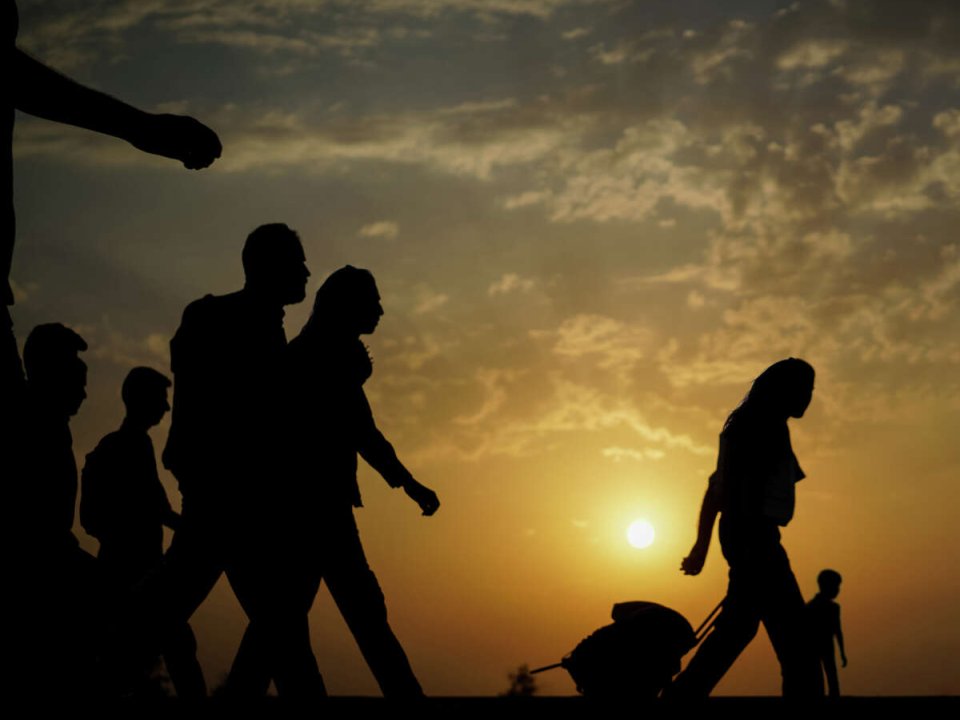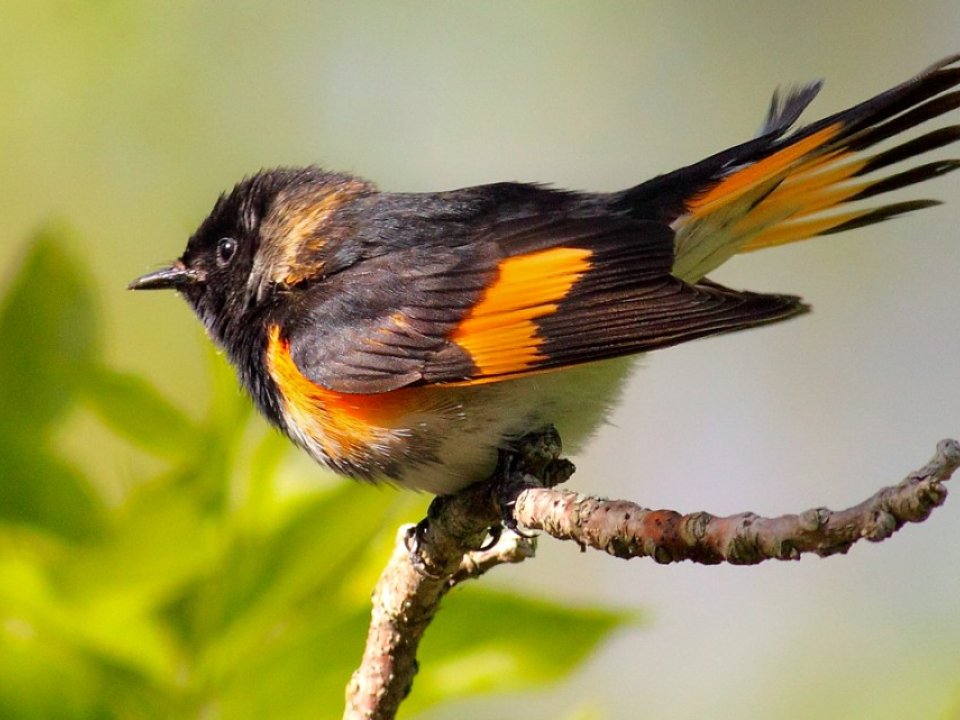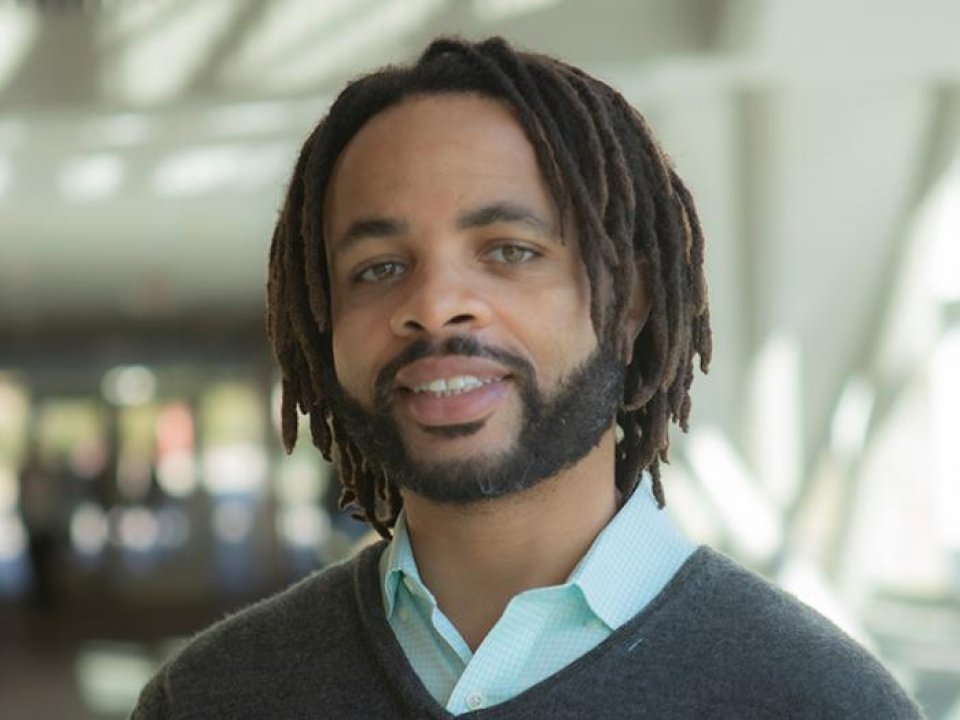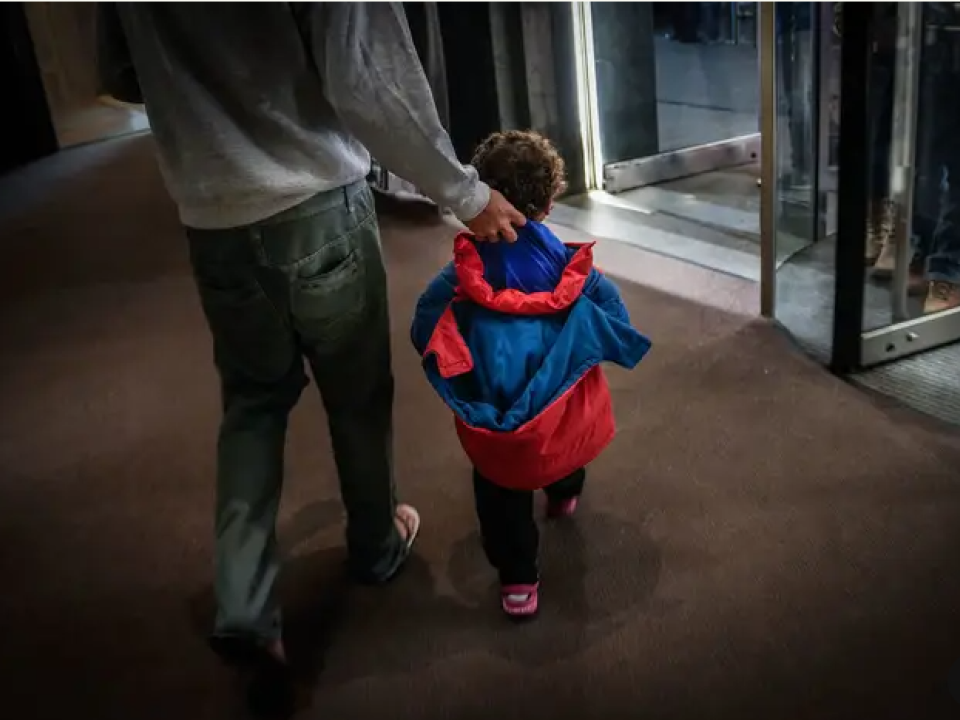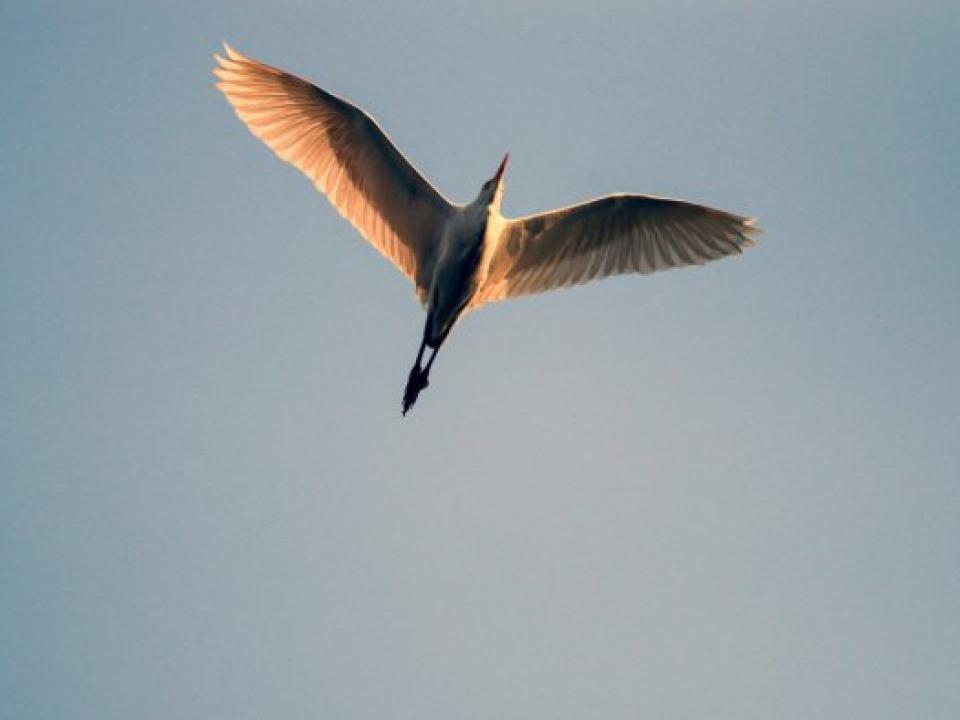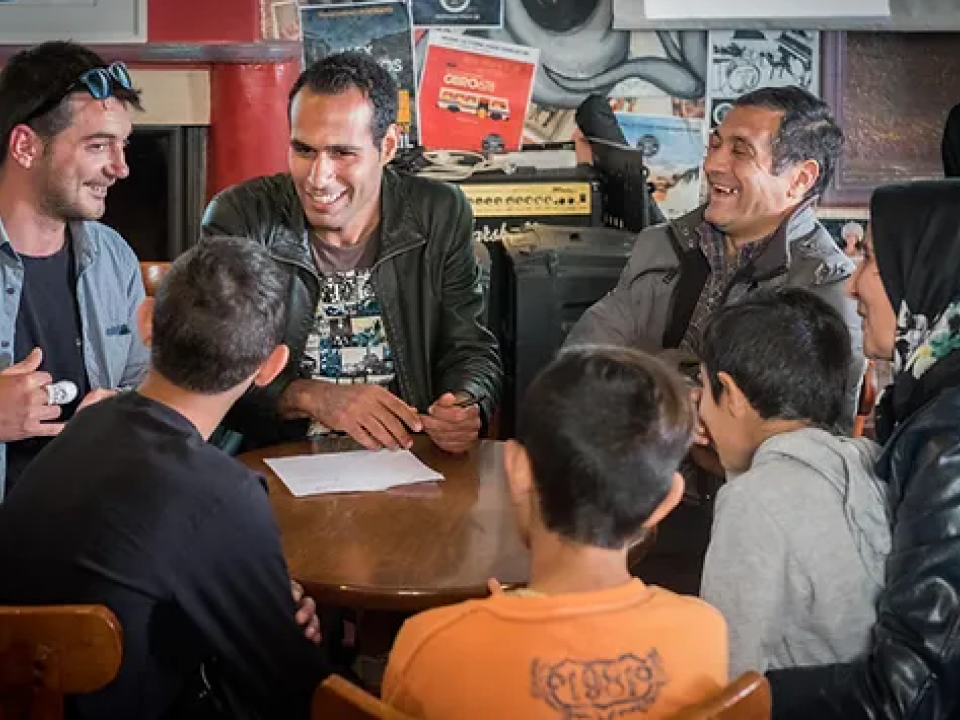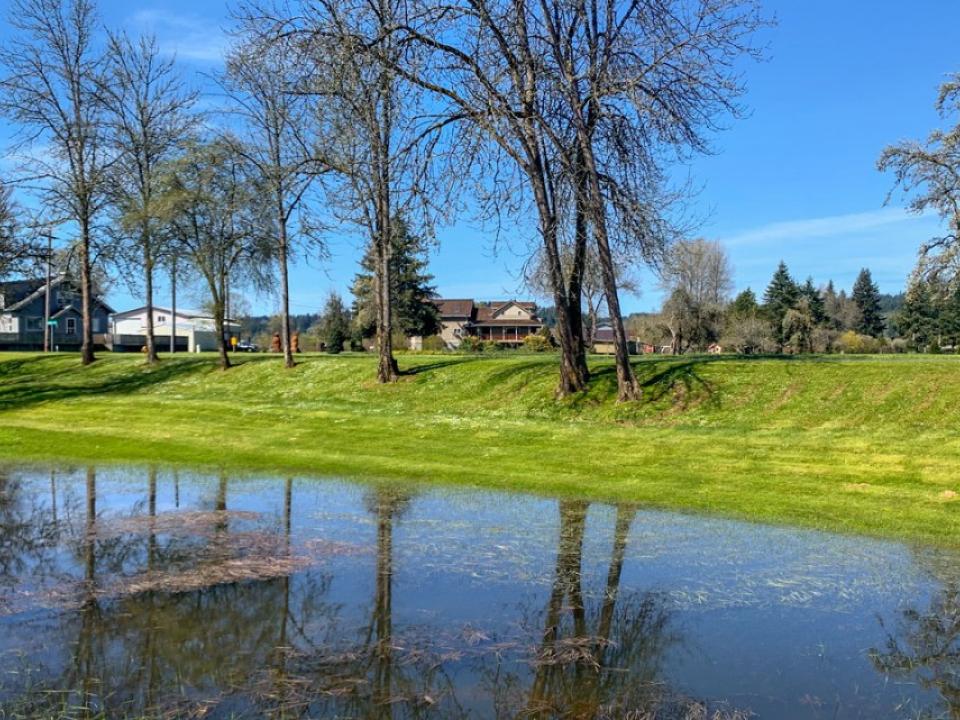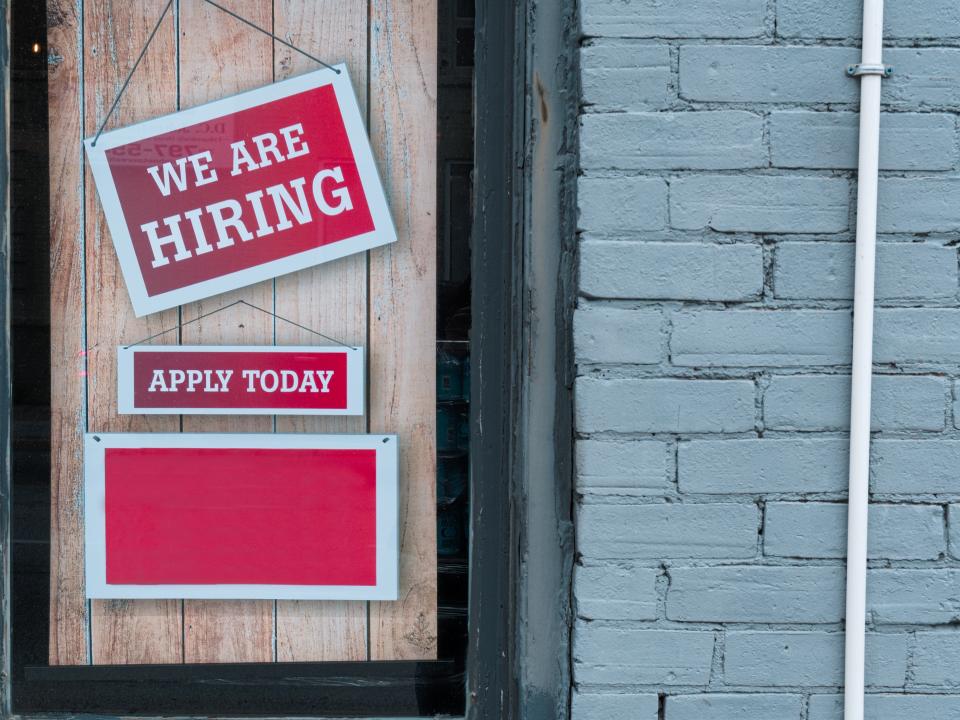News
Estelle McKee, professor of law, discusses the transit ban proposed by the Biden administration, noting that New York state has volunteered to sponsor more Ukrainian refugees than any other state.
Deteriorating habitat conditions caused by climate change are wreaking havoc with the timing of bird migration. A new study demonstrates that birds can partially compensate for these changes by delaying the start of spring migration and completing the journey faster – but the strategy comes with a decline in overall survival.
“In migration studies there’s a lot of talk about the sorts of things that accrue to migrants through migration,” says Tristan D. Ivory, International and Comparative Labor. “We say that the act of migrating leads to various positive outcomes for migrants and their families. But we know that migration is a rare event, and the people who do it are a pretty select population who stand out compared to the folks who stayed behind. So maybe those who migrate would have experienced these gains regardless of whether they stayed or left.”
A medical company contracted by New York City to bring thousands of migrants up to date on vaccines struggled to train staff on how to choose doses and interpret international vaccine records in the early weeks of its operation, according to internal documents reviewed by Gothamist and interviews with current and former staff members.
BirdCast is a collaborative project of Colorado State University, the Cornell Lab of Ornithology and the University of Massachusetts that seeks to leverage that data to quantify bird migration. Machine learning is central to its operations. Researchers have known since the 1940s that birds show up on weather radar, but to make that data useful, we need to remove nonavian clutter and identify which scans contain bird movement.
Media and political responses to Europe’s recent ‘refugee crisis’ often portray refugees as either criminal invaders or vulnerable victims – in both cases, as inherently ‘other’. Refugees themselves perceive this dichotomy as damaging. As Mohammed S., who worked with the NGO Second Tree in Greece after fleeing Syria in 2016, told us, both views ‘are basically saying the same, but [one does it] in a nice way’, explaining that both contain ‘a reason to hate or look down on others’.
In flood-prone areas of New York state, non-white homeowners are more likely than white homeowners to take active, sometimes-costly measures – such as finding a way to protect a furnace, a water heater or installing a sump pump – to prepare for a possible deluge, according to a new Cornell study.
Stephen Yale-Loehr, professor of immigration law, says if the USCIS were to extend the grace period from 60 to 180 days, it would be a lengthy multi-step process and suggests “laid-off H-1B workers should not get their hopes up yet. ”
In three-minute, lightning round presentations, migrations researchers and practitioners shared the progress of their interdisciplinary projects—funded by Migrations.

